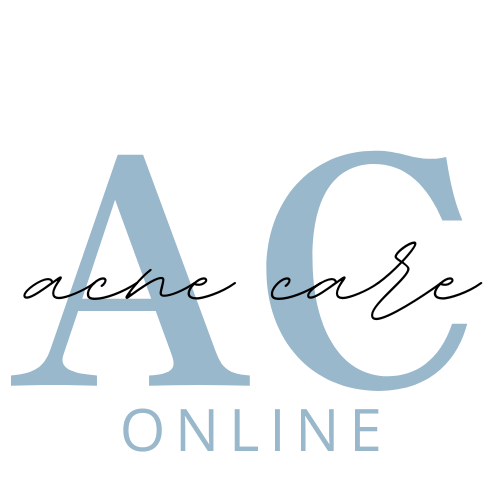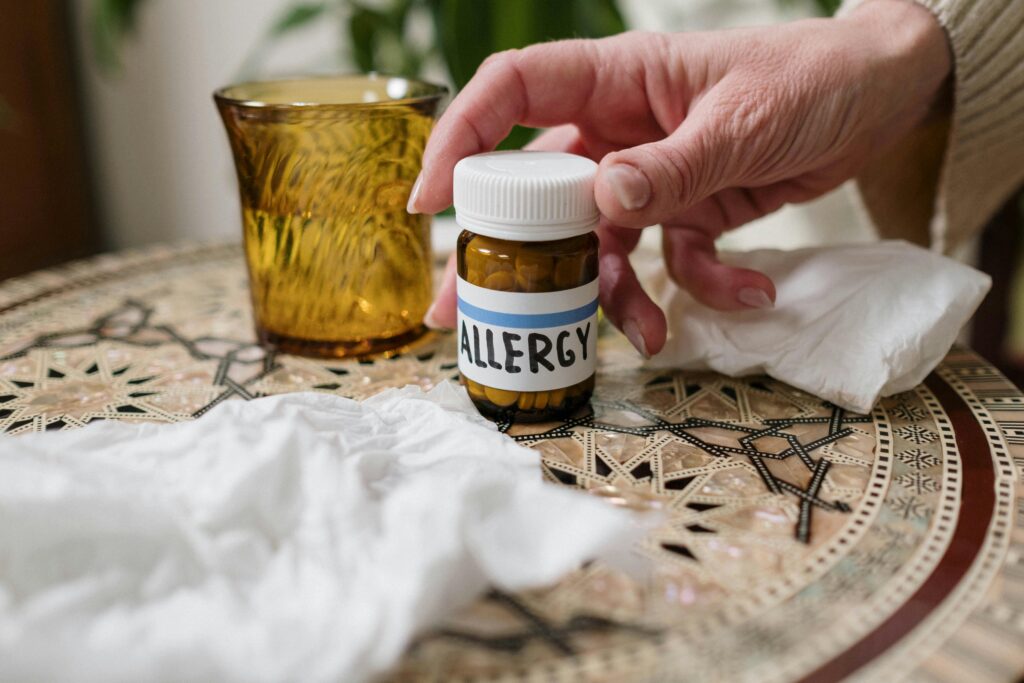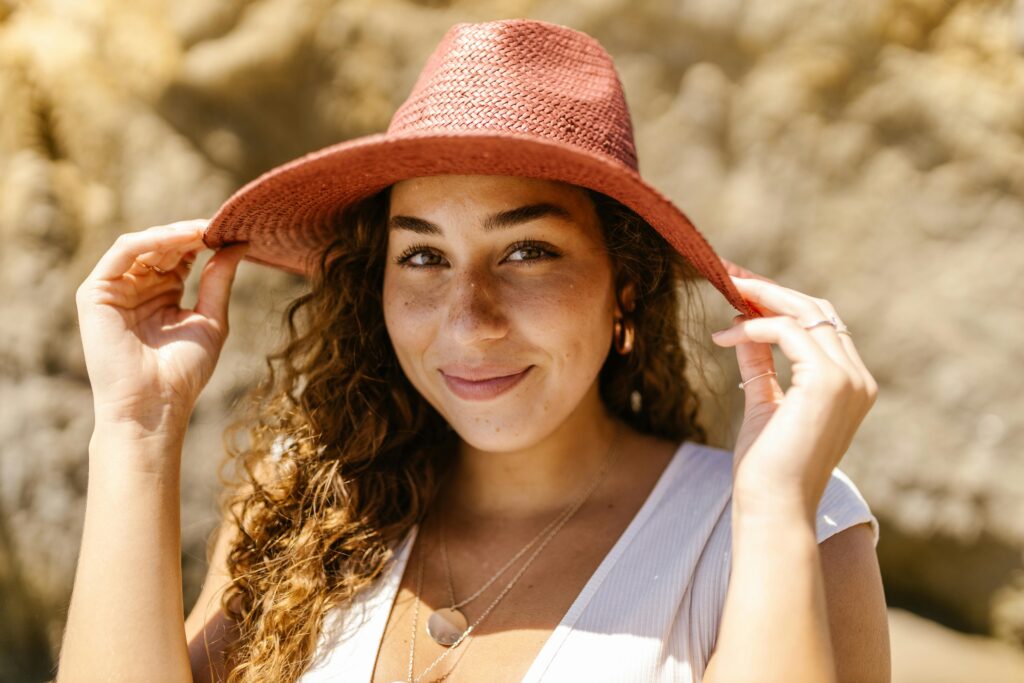Things Nobody Told You About Pimples On Scalp

Whiteheads or pustules that appear on the skin of your head, where your hair grows, are called pimples on scalp. Acne on the scalp is a disorder that results in pimples. These zits may be unpleasant and irritating. Altering your hair care regimen, the products you use, or using medications to help the acne clear up are all possible treatments.
When you experience breakouts on your scalp or hairline, it is known as scalp acne or pimples on the scalp. These outbreaks are brought on by blocked hair follicles or pores. Itchy or painful scalp acne is possible.
What Distinguishes A Pimple From Acne On The Scalp?
There are distinctions between acne and pimples, even though acne may result in pimples on your skin. Small growths or lumps on your skin are known as pimples. These might be fluid-filled, inflammatory, or a tint other than your regular skin tone. Even without acne, you may sometimes break out in pimples. An illness is acne. It might be short-term following successful therapy or long-term and persistent. Acne has a symptom called pimples.
The Frequency Of Scalp Acne
While pimples on your face, chest, and back are rather prevalent, they are less frequent on your scalp. Nearly 80% of persons between the ages of 11 and 30 have acne. Scalp acne affects people of all ages, however it is more prevalent in adults.
Who Is Susceptible To Developing Acne On Their Scalp?
You can be more susceptible to getting scalp acne if you:
- You regularly wear hats, helmets, or other headgear.
- You utilize oil-based hair care products.
- You spend the whole day handling oily goods, such as those found near a kitchen fryer.
What Signs Of Scalp Acne Are There?
Acne on the scalp may present as:
- Acne around your hairline or on your head
- Whiteheads are lumps that contain pus.
- Pimples that are inflamed or swollen (acne papules)
- Deep under your skin, pus-filled acne cysts.
- Pain, ache, or itching.
- A cluster or small group of pimples may emerge.
You may have mild, moderate, or severe scalp acne symptoms. If your scalp acne is severe, you can lose hair or develop scabbing around the pimples.
What Results In Scalp Acne (Pimples)?
Your scalp develops pimples due to clogged hair follicles (scalp acne). Your hair grows out of your skin via channels called hair follicles. They could be obstructed by:
- An accumulation of hair products, such as shampoo, hair gel, or hairspray.
- Microorganisms such as bacteria, yeast, or mites, or fungus.
- Dead skin cells, sweat, or body oils.
- Sebum (an oily fluid that protects the surface of your skin) that is either too much or too little.
Other reasons for acne on your scalp include:
- Fluctuating amounts of hormones.
- Wearing caps, helmets, or headbands causes friction
- Stress
- An inherited feature
- A response to certain medicines
Are The Acne On My Scalp Symptoms Of Another Illness?
Acne or pimples on the scalp may be signs of one of the following conditions:
- Lumbar cyst
- Scalp inflammation
- Seborrheic dermatitis
- Squamous cell carcinoma
In order to cure the pimples on your scalp, your healthcare expert will assist you in identifying their source.
How Is A Scalp Ailment Identified?
After examining your symptoms and doing a physical examination, a medical professional will identify scalp acne. They may inquire about your medical history and risk factors, such as if acne runs in your family, your level of stress, and whether you are currently menstruating. They could inquire about the skin care items you use as well.
Your doctor may suggest further blood tests if you have a sudden outbreak of scalp acne in order to rule out potential causes.
How Can I Get Rid Of Acne On My Scalp?
Depending on what clogs your hair follicles, there are several treatments available for scalp acne.
If your symptoms are minimal, you may cure scalp pimples at home by:
- Avoiding hair care products that are greasy, leave an oily residue on your hair, or contain oil
- Washing your hair more often, particularly after exercising
- Not wearing tight-fitting hats or headbands. Select helmets that fit your head correctly and provide ventilation
Treatment options for chronic, mild, or severe scalp acne may include using or taking:
- Medicines either orally or topically to remove germs from your hair follicles
- Steroids used topically to treat folliculitis
- Isotretinoin is used orally to treat persistent scalp acne
- Oral antihistamines to lessen itching sensations
Topical drugs may be applied to the skin in the same manner that lotion is. In accordance with your doctor’s directions, you may take oral drugs by mouth. Before beginning any drug, discuss the side effects with your healthcare professional. To prevent drug interactions, be sure to let your clinician know about all of your current vitamins and prescriptions.
What Kinds Of Shampoo Should I Use If I Have Acne On My Scalp?
The following are examples of hair care products, shampoos, or soaps that might help clear up scalp breakouts:
- Soaps that fight bacteria
- Shampoos containing selenium sulfide, which fights dandruff
- Antifungal drugs like ciclopirox or ketoconazole
- Benzoyl Peroxide
- Lubricant-free goods
- Salicylic acid
Can I Squeeze My Scalp’s Pimples?
On your scalp, you shouldn’t burst pimples. While popping pimples might seem alluring, doing so can actually worsen your symptoms by leading to scars, infection, or new breakouts. Instead, to get rid of your pimples, practice proper hygiene and use oil-free shampoos in addition to the medication your doctor has given.
How Soon Will I Feel Better Following Treatment?
It may take up to six weeks for all of your pimples to disappear once you and your healthcare professional identify the reason for your scalp acne and start therapy. Within a few days of starting therapy or ceasing to use acne-causing hair products, your scalp may start to feel less itchy and you may notice that no new pimples are developing on your skin. After six weeks, if your acne hasn’t improved, speak with your doctor.
How Can Scalp Acne Be Avoided?
You can lower your chance of getting scalp acne by doing the following:
- Washing your hair every day or whenever it becomes greasy, particularly after you work out or perspire.
- Using oil-free, non comedogenic, and non-acnegenic hair care products.
- Washing caps and pillows often to remove any residue from hair-related items.
- Control of your stress
- Eating a balanced, healthful diet
If I Have Scalp Acne, What Can I Anticipate?
Depending on the reason, scalp pimples may be a short-term annoyance or a chronic issue. Your healthcare practitioner will assist you in identifying the source of your scalp acne and the best course of therapy for it. Try your best not to scratch the pimples on your scalp, even though it’s sometimes tough. They may explode, leak fluid, or bleed as a result of this. This may cause discomfort, scars, and/or an infection. Your skin may take up to six weeks to clean up once therapy starts.






